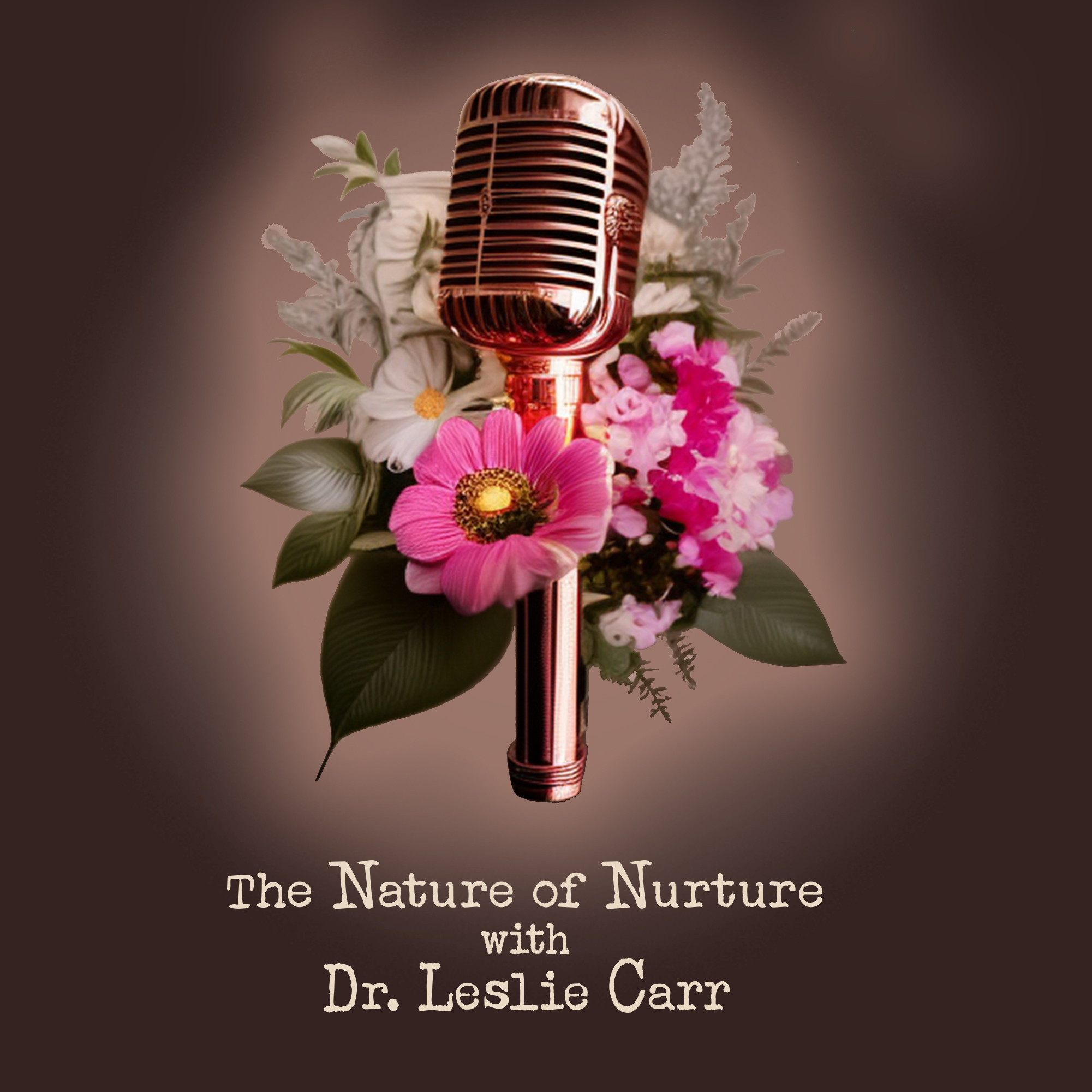For a couple of months, about three years ago, I was depressed. A profoundly rainy San Francisco winter, coupled with the heartbreak of yet another failed relationship, just left me feeling blue. Three-thousand miles from my family and my closest, oldest friends, it also left me crying in jags, with a lonely, nagging ache inside.
This time in my life would have been relatively unremarkable (in the sense that I wouldn’t otherwise feel inclined to blog about it three years later) if it weren’t for the fact that I met my partner, Chris, during these months. Because I happened to meet him during a time that can be legitimately referred to as a “depressive episode,” it’s part of our story that it was not love at first sight, and I sometimes reference it that way in conversation. “Sparks did not fly,” I jokingly say to my girlfriends. I like telling people this version of the story because I think it speaks well to how love can sneak up on us when we least expect it. I got the love sneak-attack in that instance because I was … distracted.
What makes this story blog-worthy, in my opinion, is actually the way people respond to me when I “admit” that I was depressed. People’s faces always light up a little bit – not in a sadistic way, exactly – but in a way that seems to say, “You get depressed too? Oh thank God you’re admitting it! I’ve been depressed too. I feel so much less alone now.”
My question is, what’s up with that? Why do we feel like depression is this shameful thing that we shouldn’t talk about? I don’t doubt for a second that they feel doubly relieved that I’m admitting it because I’m a shrink, as if therapists don’t get depressed too. Well, I do get depressed sometimes, and I’m going to tell you why – it’s actually the same reason why almost everyone else does from time to time: It’s because I’m human.
I have a bone to pick with my own profession
I think that we have done society a major disservice by medicalizing depression and calling it a “disease.” We have taken a normal (albeit very unpleasant) part of the human condition and encouraged people to see it as an aberration. We did this, in large part, so that insurance companies would be required to pay for its treatment, and unfortunately in doing so we’ve changed the way that people look at depression entirely.
I’m not saying that depression isn’t problematic, and I’m not saying that it isn’t something that needs to be treated, but this change in the way that we think and talk about depression has a way of robbing us of something that is vitally important: our ability to use our own internal experience as a source of information.
There are different levels and types of depression and, accordingly, there are a variety of tools that we as mental health professionals have in our tool boxes for it. While my own experience with depression has not been particularly severe, I’ve worked with individuals who have been so profoundly depressed that they’ve undergone ECT (electroconvulsive therapy, or shock therapy — yes, we still use this, although it’s come a long way from what most of us imagine) in a last-ditch effort to try anything that will pull them up from the depths of despair. I’m thrilled to report that I’ve seen that intervention successfully restore people’s functioning, but in my personal and professional experience, most of the time that people are depressed it’s because there’s something happening in their lives that needs their attention.
How depression can be our teacher
In my clinical work I help my clients to understand how their depressive thoughts and feelings are related to underlying issues in their lives. Sometimes those issues are current, and a course-correction is in order. At other times there’s something bubbling up from deep within, and I’m able to be helpful by listening empathically, connecting dots, and providing a human connection; I remember how invaluable it was for me to have that myself. Sometimes people need a little extra support, and anti-depressants can be helpful, but above all I believe that our feelings are never, ever random.
So, do I know what it’s like to feel depressed? Of course I do. I’ve had to course-correct. I’ve had to face the skeletons in my closet, and I don’t mind admitting it, because going to see a therapist who’s never experienced psychological suffering would be like going to an auto-mechanic who’s never owned a car.
This is what makes us human, and unfortunately it’s a problem that’s getting more pervasive as we become increasingly isolated and individualistic as a culture. By calling depression a disease, and by focusing our attention on the faulty wiring in each individual, we fail to respond to what elevated rates of depression are saying to us about our society as a whole. We are beings built for human connection in an increasingly isolated world.
What you need to know
Modern isolation is not the sole cause of depression, but if there’s anything that I hope people take away from this article, it’s this: Anti-depressant medication alone is not an effective way to treat depression. Anti-depressants are a boon to the pharmaceutical industry, partially because they’re often prescribed by general practitioners and other kinds of doctors who don’t refer their patients to any kind of psychiatric follow up care. This practice needs to stop. The dirty little secret about anti-depressant medications is that they barely outperform placebo in clinical trials. While they seem to be more effective outside of the lab (about 60 percent of patients respond well to anti-depressants in clinical practice), studies show again and again that therapy increases the effectiveness of these medications.
Have I gotten your attention yet? Please, if you’re reading this and you’ve been feeling depressed lately, know that you aren’t alone. You also aren’t, in my opinion, diseased – but now that you have more information, what are you going to do about it?


















